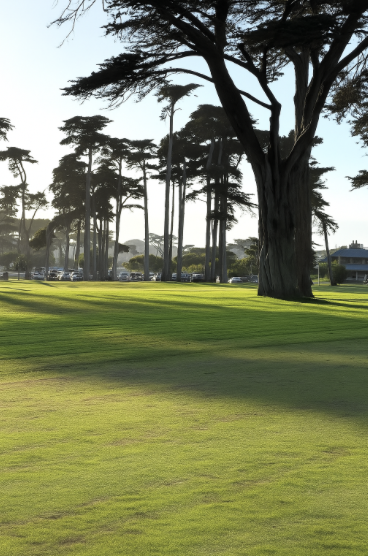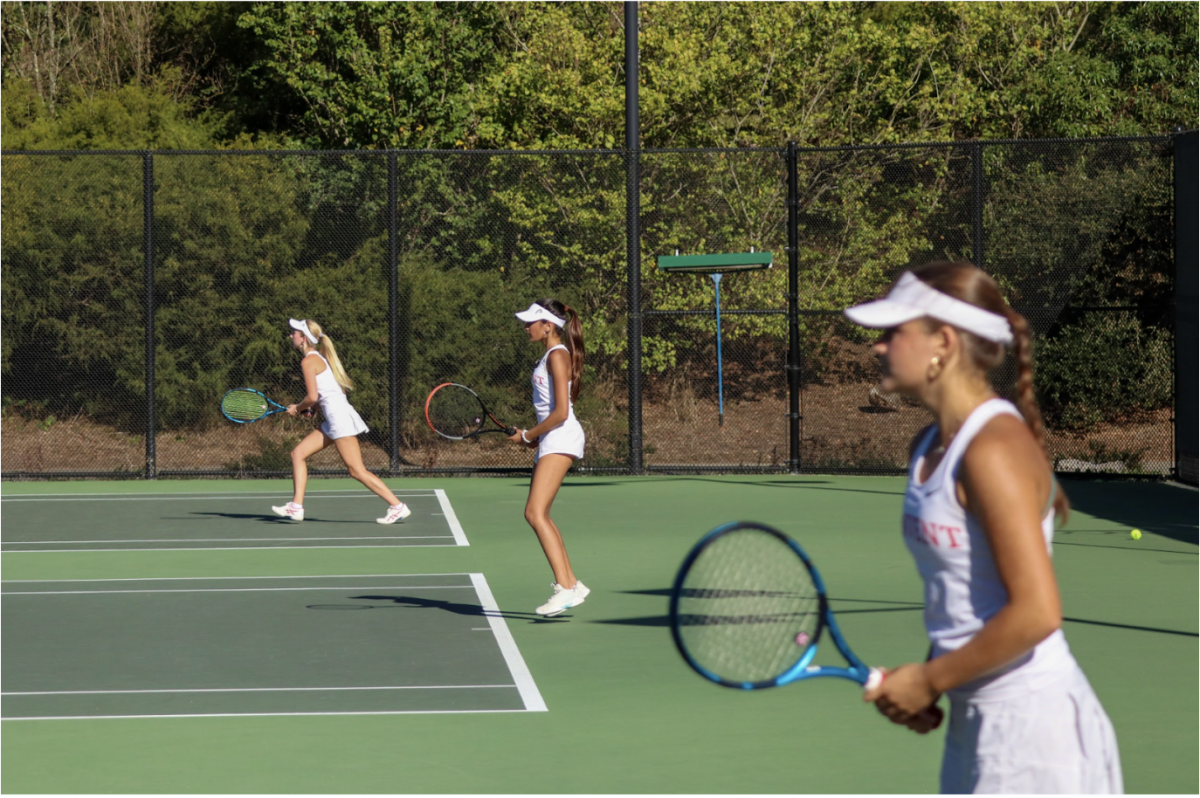Susie Lee
Reporter
Ultraviolet (UV) rays have grown stronger over the past few decades, and applying sun protection products regularly is necessary to prevent skin damage, even in winter.
“Sunscreen is a necessary evil,” said AP Environmental Science teacher Marisa Kendall. “When I was a kid, there was no such thing as ‘sunblock’. Back then, normal ultraviolet type A (UVA) rays caused minor sunburns. But today, as the thickness of the ozone layer is decreasing, the more powerful ultraviolet type B (UVB) rays are now hitting the earth’s surface. They cause deeper burns and have the ability to penetrate deeper into the skin and even scramble the DNA.”
Kendall and her students have studied and performed experiments on the effectiveness of sunscreen. Their results showed that skin protected by sunscreen is more resistant to UV rays than skin without protection.
“Make sure you’re applying sunscreen slowly, thoroughly, and [not being] stingy with the product,” said Kendall.
It is important to rub a thin layer of moisturizer onto one’s skin to trap moisture and prevent dry skin before applying sunscreen, especially during the winter when it is windier and there is less humidity in the air, according to esthetician Kay Jung of Zen Skin Care.
“Since the dry, windy conditions of winter create brown spots and they make the skin dry and darker, it is very important to apply moisturizer underneath sunscreen on a normal basis,” said Jung. “It is a good idea for someone outdoors to reapply sunscreen every two hours because the wind can thin the sunscreen out, too.”
According to a recent statistical study done by the Centers for Disease Control and Prevention (CDC), only 9 percent of high school students surveyed said they regularly use sunscreen with a Sun Protection Factor (SPF) of 15 or higher.
Sophomore Katie Carlson said she does not apply sun protection products on a daily basis because the temperature is cooler and she feels milder heat waves from the sun.
“I sometimes put on sunscreen during soccer practice when I am more aware of being in the sun and I actually feel the sun,” said Carlson. “But if I don’t feel like I’m getting burned, then I’m not going to put on sunscreen.”
Other times, people might be aware of the sun’s harmful effects but are unwilling to apply moisturizer and sunscreen routinely.
“I mean, I know I should use sunscreen often because it’s absolutely necessary, but sometimes I don’t have the time to or it gets sticky,” said freshman Nikki Havid.
While some people do not apply sunscreen unless they are sweating from the summer heat, others regularly apply sunscreen regardless of the temperature or weather.
“It’s important to put on sunscreen because anyone is prone to skin diseases,” said Danielle Sabalvaro who plays tennis year round. “You shouldn’t second guess whether the sun will harm your skin or not.”
In addition to applying moisturizer and sunscreen, wearing sunglasses that cover both the sides of the face or have large frames may reduce tanning, which is another form of skin damage.
“Shading your eyes from both UVA and UVB rays tricks the brain into thinking the body is not exposed to bright light,” said Jung. “When this happens, the body responds as if it hasn’t been in the sun by producing less melanin, and the skin does not become as tanned as it would if the skin were exposed to the sun.”
Whenever a person’s eyes are exposed to any form of light, the brain produces melanin, a pigment substance that gives the skin, hair and iris their innate color in an effort to protect the skin. Exposing one’s eyes to more intense light, such as sunlight, triggers this reaction that makes the skin darker. Yet, wearing sunglasses shields the eyes from bright light and prompts the body to produce less melanin. Thus, the body becomes less tan, reducing skin damage.
Other prevention methods to protect oneself from harmful UV radiation include staying in the shade instead of in direct sunlight, wearing long-sleeved shirts to cover up exposed skin and wearing hats with wide brims. The skin becomes damaged without sun protection products and proper protection during the winter months, despite the cold weather.








